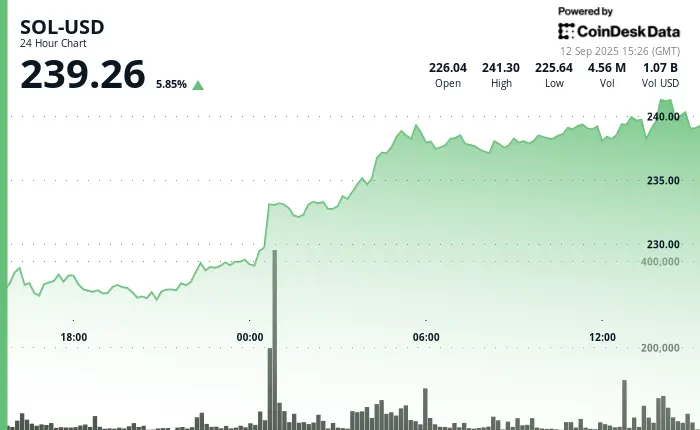
The AI boom is turbo-charging technology stocks, pushing the S & P 500 , the Nasdaq and Dow Jones to fresh record highs. But Karim Moussalem, chief investment officer of equities at Selwood Asset Management, sees “enormous risks” on the horizon for the AI trade which could rapidly unravel — and he is positioning his fund for the fallout. “The AI trade is beginning to resemble one of the great speculative manias of market history,” Moussalem, who runs a market-neutral equity strategy at the London-based hedge fund, said in a post on LinkedIn . “For me, there is no denying that we are in the midst of a bubble, and a total retail driven frenzy.” Speaking to CNBC’s “Squawk Box Europe” on Thursday, Moussalem said AI hyperscalers were in a race “nobody wants to lose,” with the power to spend billions given the strength of their balance sheets. But that scalability could be hampered by rising energy prices in the U.S., he explained, warning that the “power of momentum and storytelling” is masking potential valuation risks and pressures around capex and earnings. The energy-intensive nature of AI underpins Moussalem’s increasingly bullish stance on commodities such as uranium and copper — both used in energy production — describing energy as “a great place to be” in the current landscape. Energy play He highlighted the depreciation of capital expenditure among AI stocks as a key concern. “Nvidia is bringing new chips every year. Those hyperscalers are depreciating their capex over six, seven, eight years. But you could wonder whether that’s way too optimistic and generous; if you were to depreciate that capex over one to two years, you could argue the profits of all these companies are vastly overstated,” he said. Moussalem believes the S & P 500 ‘s continued rise is being held together by “one big narrative” — which could quickly be challenged by a sudden pivot toward greater regulatory scrutiny of tech giants’ market share, or any rapid hike in energy prices as electricity grids struggle to meet capacity. “Those [energy] prices are going parabolic, just as parabolic as the adoption of AI is taking place,” Moussalem said. While tech companies hope to limit the intensity of AI’s energy usage, Moussalem is long uranium, which he said offers direct exposure to the AI trade at “extremely reasonable” valuations. The data centers driving AI increasingly depend on stable, reliable high-capacity sources of energy. That need has brought uranium — which generates nuclear power — into the spotlight. “When you think of the supply-and-demand picture in the uranium market, you’ve got a huge deficit looming,” he said. ‘Bubble territory’ As concerns grow over an AI bubble, he acknowledged that the elevated values of companies with poor balance sheets and low revenues — driven partly by retail investor appetite — has made shorting such stocks tricky, as memories of 2021’s meme stock craze linger. “Look at the basket of the most unprofitable companies in the U.S. — they’re up 120% since the April lows,” he said. “Nvidia is not necessarily the picture of the bubble. There are plenty of other places you can look at which strike me as being in pure bubble territory.” Moussalem is not alone in being concerned about a bubble. Veteran investor Leon Cooperman told CNBC earlier this week that we are in the late innings of a bull market where bubbles can form — something Warren Buffett had warned about. “It’s what’s going on now,” Cooperman said, adding that investors’ mood is very similar and valuation on artificial intelligence companies is “ridiculously high.” Georges Debbas, head of EU equity derivatives at BNP Paribas, meanwhile, said there are question marks over the AI theme heading into 2026, particularly over the potential downside among firms with large investments with low returns in the sector. “A lot of the underlying structure has changed so dramatically, that owning protection fundamentally speaking, not because you’re long or short the market, makes a lot of sense,” he told CNBC’s “Squawk Box Europe” on Thursday. — CNBC’s Yun Li contributed to this report.



